NEWS ROUNDUP
Strike updates | Bird flu | WA’s carbon market
Monday, October 21, 2024
MACHINISTS STRIKE at BOEING
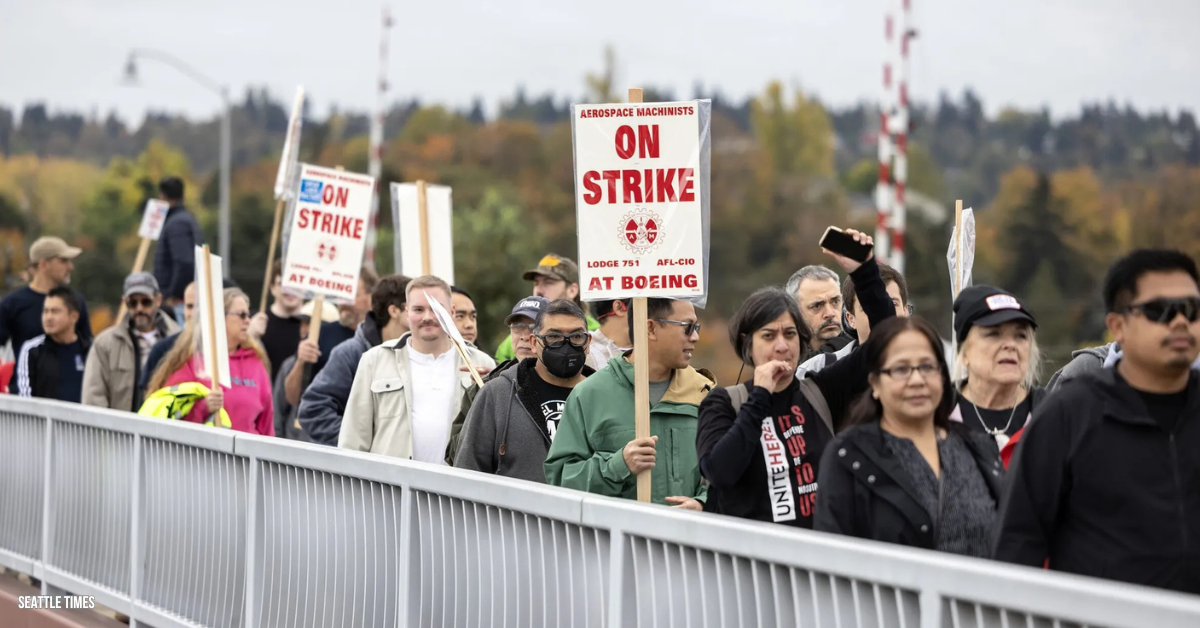
► From the Seattle Times — Boeing Machinists to vote Wednesday on new proposal to end the strike — In an interview Friday, a former top executive at Boeing, speaking on the condition of anonymity to maintain relationships, said it had to be a priority for new CEO Kelly Ortberg to end the strike and start producing 737 MAXs again to bring in cash. “When you’re burning $3 billion or $4 billion in cash a month, and you’re $50 to $60 billions in [gross] debt, you got to get this thing settled,” the former senior executive said. “Boeing can’t afford this strike. They really need to give the union whatever they want.”
Today at The STAND — IAM, Boeing negotiate strike resolution
STRIKES
► From UNITE HERE Local 8:
Though this is the last day of the strike by Doubletree Seattle Airport and Seattle Airport Hilton & Conf Ctr workers, we are urging the public to not patronize these hotels until workers have a fair contract. pic.twitter.com/61NnwhQkGG
— UNITE HERE! Local 8 (@UniteHereLocal8) October 18, 2024
► From KRON 4 — San Francisco luxury hotel employees join worker’s strike — More than 300 hotel workers at San Francisco’s Palace Hotel have joined the hotel workers strike, the Unite Here Local 2 union announced on Sunday. This is the fifth major hotel to join the strike, including Grand Hyatt San Francisco Union Square, Hilton San Francisco Union Square, San Francisco Marriott Union Square and Westin St. Francis. The union said almost 2,000 San Francisco hotel workers have joined the strike.
Editor’s note: as hotel workers continue to take action across the country, use FairHotel.org to ensure you don’t cross the picket line.
► From the AP — CVS workers strike at 7 Southern California stores for better pay and health care — The walkout, which affected four stores in Los Angeles and three in Orange County, began Friday morning and continued into the weekend. On Saturday outside one of the LA stores, strikers urged customers not to cross the picket lines. Workers planned to continue picketing until negotiations resume Wednesday. The strike was authorized by a vote of the two local United Food and Commercial Workers unions involved on Sept. 29, with more than 90% in favor.
LOCAL
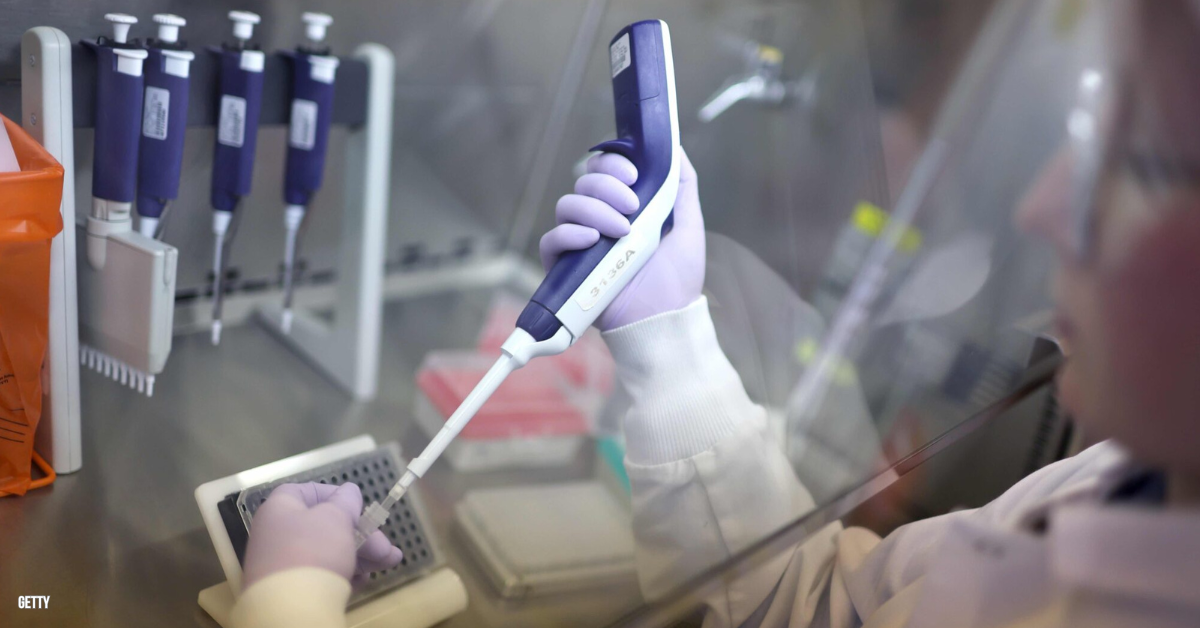
► From the Washington State Standard — Four farm workers in Washington appear to test positive for bird flu — “At this time, we believe the individuals that we have gotten the results back have been exposed to infected poultry. We do not have evidence at this time of human-to-human spread. However, that is still part of our investigation,” Shah added. The Washington farm workers who appear to have the virus have not been hospitalized, according to state and local health officials.
► From the Seattle Times — Four test positive in WA’s first human bird flu infections — The four worked with infected birds at an egg farm in Franklin County where 800,000 chickens were euthanized after testing positive Tuesday. The workers had mild symptoms and received antiviral medication. More worker testing is underway and “the number of cases under investigation may change,” the department said.
► From the Tri-City Herald — LISTEN: How a small reactor in Eastern WA became the world’s first nuclear plant 80 years ago
CONTRACT FIGHTS
► From UFCW 555 — Bargaining Update: Fully Recommended Tentative Agreements Reached for Fred Meyer & QFC — The Fred Meyer Division and UFCW Local 555 Bargaining Committees are pleased to announce that we have reached fully recommended tentative agreements on the expired Portland and Bend grocery and meat contracts: on all other Oregon and southwestern Washington grocery, meat, and non-food contracts, as well as agreements for the newly organized non-food units in Springfield and Grants Pass.
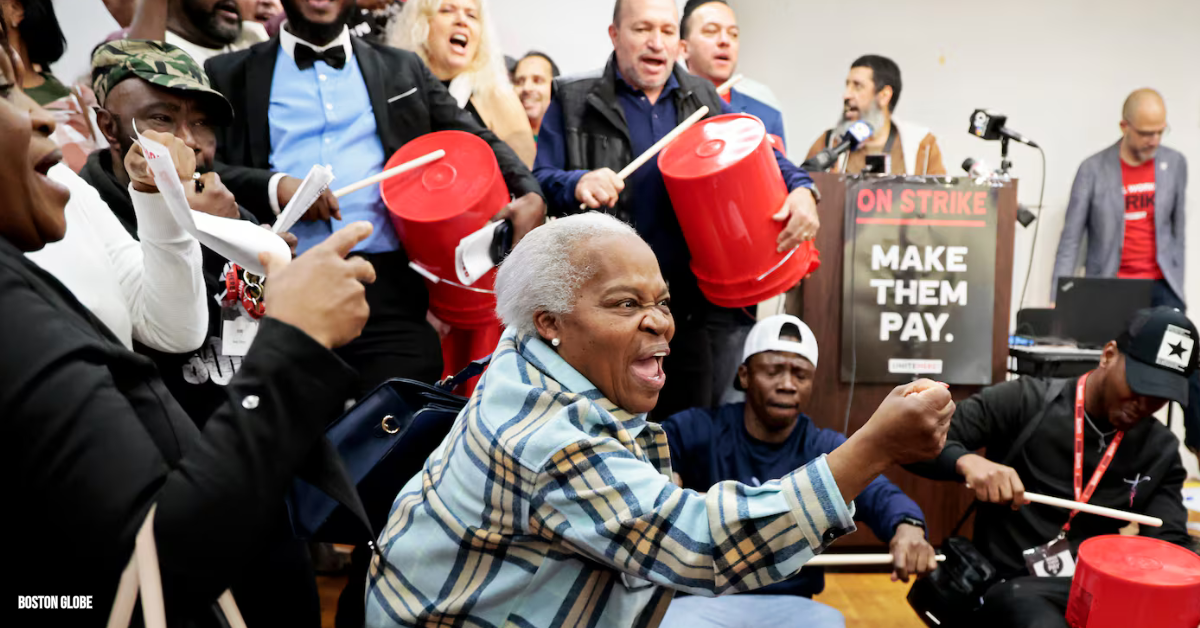
► From the Boston Globe — Workers at two Boston hotels vote to back a new contract with Omni, ending strike — Unionized workers at two Boston Omni hotels say they will be back to work bright and early Monday morning, following a unanimous vote Sunday to ratify a contract that will increase their wages, improve their benefits, provide better job protections and working conditions, and, they said, help them make ends meet in and around Boston. The new contracts for workers at the The Omni Boston Seaport Hotel and The Omni Parker House will increase hourly wages by $5 for employees who receive tips, and $10 for those who do not, incrementally between now and March 2028.
► From Reuters — AT&T ratifies agreement with CWA union — Telecom operator AT&T on Friday ratified agreements with the Communications Workers of America in the Southeast and West, which covers about 23,000 employees across eleven states. The union said workers in the West will receive wage increases of at least 15% over the course of the new four-year collective bargaining agreement while those in the Southeast will get over 19% hikes during the new five-year agreement.
► From USA Today — USPS reaches tentative agreement with a mail carrier union; new vehicles must have AC — The agreement, which covers work from 2023 until 2026, provides cost of living adjustments throughout the length of the contract. Carriers also receive three 1.3% raises, with two of them applied retroactively. The agreement requires the Postal Service to acquire vehicles with air conditioning for its carriers. If the Postal Service wants to purchase vehicles without air conditioning, it must be negotiated with the union.
NATIONAL
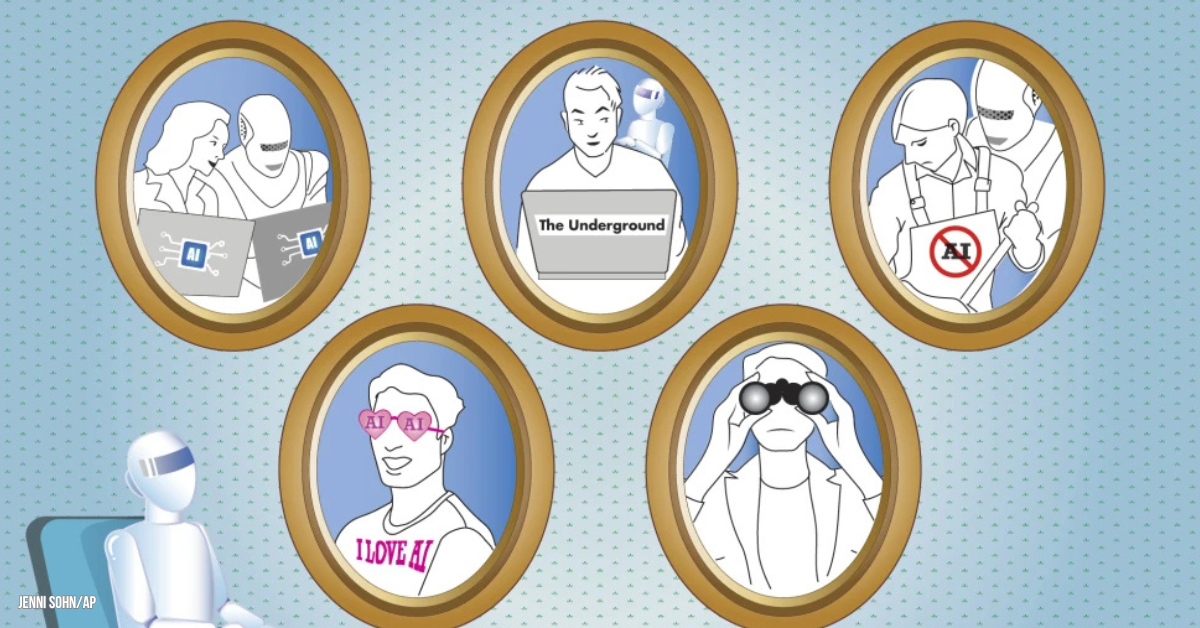
► From the AP — Slack researcher discusses the fear, loathing and excitement surrounding AI in the workplace — “Women are more likely to see AI as a threat, more likely to worry that AI is going to take over their jobs. To me, that points to women not feeling as trusted in the workplace as men do. If you feel trusted by your manager, you are more likely to experiment with AI. Women are reluctant to adopt a technology that might be seen as a replacement for them whereas men may have more confidence that isn’t going to happen because they feel more trusted.”
► From the Washington Post — The hidden NIL economy of college sports — It’s been three years since the NCAA started allowing college athletes to make money from their personal brands — their “name, image and likeness,” or NIL. In that time, college athletes, previously limited to scholarship money and under-the-table handouts, have earned payments for brand endorsements, charity work, autograph signings and other services big and small. Many have done so while driving exposure and revenue for massive public universities.
► From TechStory — Biden Administration Invests $2 Billion to Fortify U.S. Power Grid Against Extreme Weather — The funding will be directed towards 38 projects spanning 42 states, aimed at upgrading and fortifying the grid to better withstand future weather-related challenges. This initiative is part of the Grid Resilience and Innovation Partnerships (GRIP) program, a comprehensive $10.5 billion effort established under the 2021 Bipartisan Infrastructure Law. The Department of Energy (DOE) estimates that these projects will generate approximately 300 miles of new power lines and enhance the grid’s capacity by 7.5 gigawatts.
► From the Washington Post — A young teen gives birth. Idaho’s parental consent law snags her care. — Critics say the law — which also grants parents access to minors’ health records, doing away with confidentiality that providers and teen advocates call crucial — ignores the reality that parents aren’t always present or trustworthy. Three months after its implementation, they contend it is hindering adolescents’ ability to access counseling, limiting evidence-collection in sexual assault cases and causing schools to seek parental permission to treat scrapes with ice packs and Band-Aids.
POLITICS & POLICY
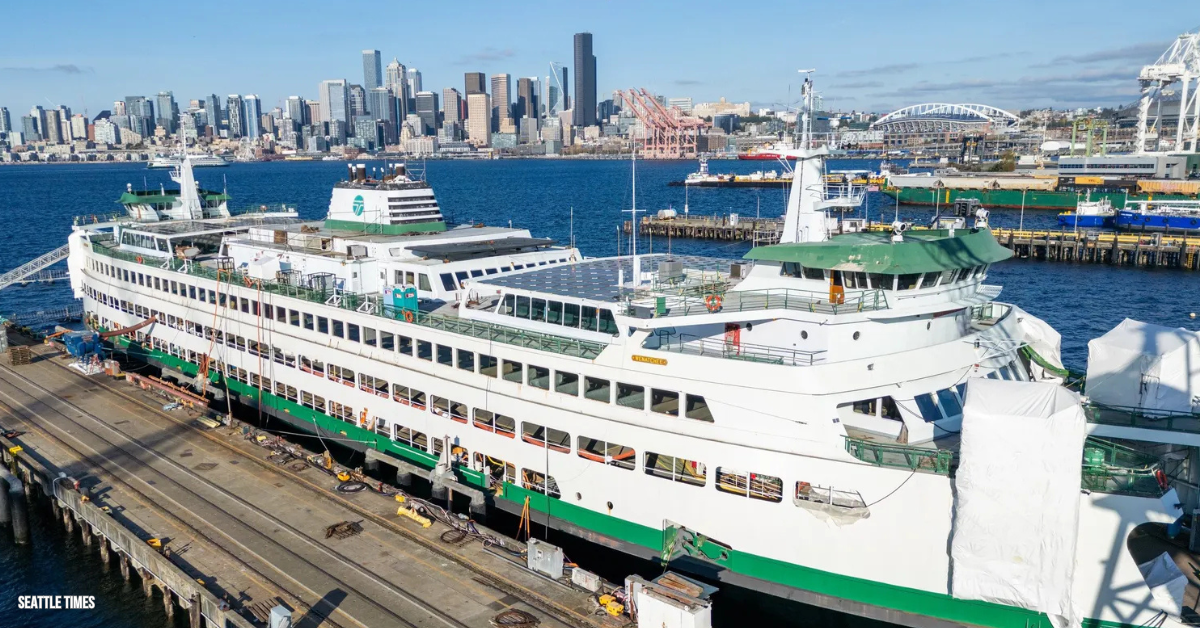
► From the Seattle Times — WA’s carbon market pumps billions of dollars to state projects. What happens if it vanishes? — If the initiative backers are successful, state lawmakers would face a budget gap of about $836 million that could affect $1.7 billion of already authorized programs and projects. The funding Galloway secured for Southwest Youth & Family Services would be lost. Much more is at stake. Through June 2029, the carbon auctions are projected to bring in an additional $3.8 billion from polluters on top of an existing $2.3 billion. Some state programs and projects depend on future funding through the same period, totaling $1.8 billion, and would face a shortfall. The repeal would also upend Washington’s 16-year transportation budget — about one-third of its total funding — stranding projects as large as building new hybrid-electric ferries and as small as rebates for electric bikes.
► From the Cascadia Daily News — What can be done to fix Washington’s under-funded public school system? –Part of school districts’ financial struggles can be attributed to the increase in the cost of running a school district over the past few years, without a “commensurate increase in state funding to pay for those costs,” said David Knight, an associate professor at the University of Washington College of Education. If school funding had kept pace with inflation, all school districts would be receiving about $1,000 more per student than they are right now.
► From the AP — Should the minimum wage be lower for workers who get tipped? Two states are set to decide — “For every good day, there’s three bad days,” said Nichols, who has been in the service industry since she was a teenager. “You have no security when it comes to knowing how much you’re going to make.” That uncertainty exists largely because federal labor law allows businesses to pay tipped workers, like food servers, bartenders and bellhops, less than the minimum wage as long as customer tips make up the difference. Voters in Arizona and Massachusetts will decide in November whether it’s good policy to continue to let employers pass some of their labor costs to consumers.
► From the AP — Central Park Five sues Donald Trump for ‘defamatory’ remarks made at presidential debate — Yusef Salaam, Antron McCray, Kevin Richardson, Raymond Santana and Korey Wise were teenagers when they were accused of the 1989 rape and beating of a white woman jogger in New York City’s Central Park. Their convictions were vacated in 2002 after another person confessed to the crime. After the crime, Trump purchased a full-page ad in the New York Times, calling for the teens to be executed. The jogger case was Trump’s first foray into tough-on-crime politics that preluded his full-throated populist political persona. Since then, dog whistles and overtly racist rhetoric have been fixtures of Trump’s public life.
The Stand posts links to local, national and international labor news every weekday morning. Subscribe to get daily news in your inbox.





